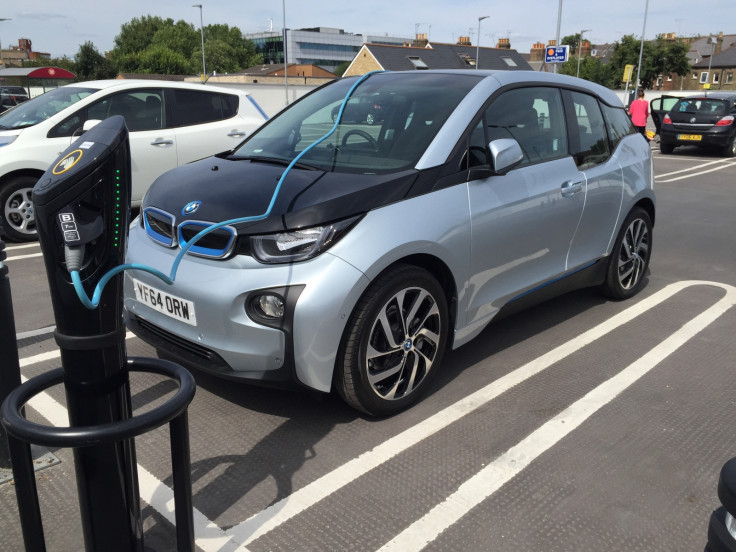AA boss 'baffled' at government plans to give electric cars priority at traffic lights
Proposals to improve city centre pollution include giving electric cars priority at junctions.

Government proposals for five UK cities to adjust their road layouts to benefit electric cars, including giving the vehicles priority at traffic lights, has been branded as "baffling" by the president of the AA.
The proposals have been put forward to try and reduce emissions in Birmingham, Leeds, Nottingham, Derby and Southampton by 2020. The so-called "clean air zones" will aim to reduce petrol and diesel traffic, and therefore the harmful nitrogen oxide those vehciles produce.
Within certain parts of the city centres, the respective councils could create new road layouts allowing electric vehicles to bypass one-way systems or be given priority at junctions.
Preferential parking spaces and lower parking charges are also on the cards, as well as giving electric vehicles (EVs) priority at traffic lights.
But Edmund King, president of the AA, has described the proposals as baffling. "Incentives for electric vehicles such as use of bus lanes or preferential parking are good short term catalysts, but when EVs become mainstream congestion will still be the big issue," he told the BBC, adding: "We are still somewhat baffled as to how EVs can realistically be given priority at traffic lights."
The proposals are the UK's response to a Supreme Court ruling ordering the government to take action to meet European air pollution limits.
But apart from the confusion of how electric cars will get priority at traffic lights, the proposals have been met with disappointment.
Alan Andrews, a lawyer for ClientEarth, a group which brought the Supreme Court action, said: "Requiring just five cities in the UK to introduce clean air zones doesn't solve a national problem which causes thousands of premature deaths. Other local authorities won't introduce voluntary clean air zones unless they are made to, or paid to."
Other UK cities have been told they can implement similar traffic restrictions for petrol and diesel vehicles, but are not required to and will receive no incentive to do so.
The news comes after a similar set of proposals landed in January 2016, suggesting EV drivers should be able to drive in bus lanes and connect to street lights for free recharging.
© Copyright IBTimes 2025. All rights reserved.






















